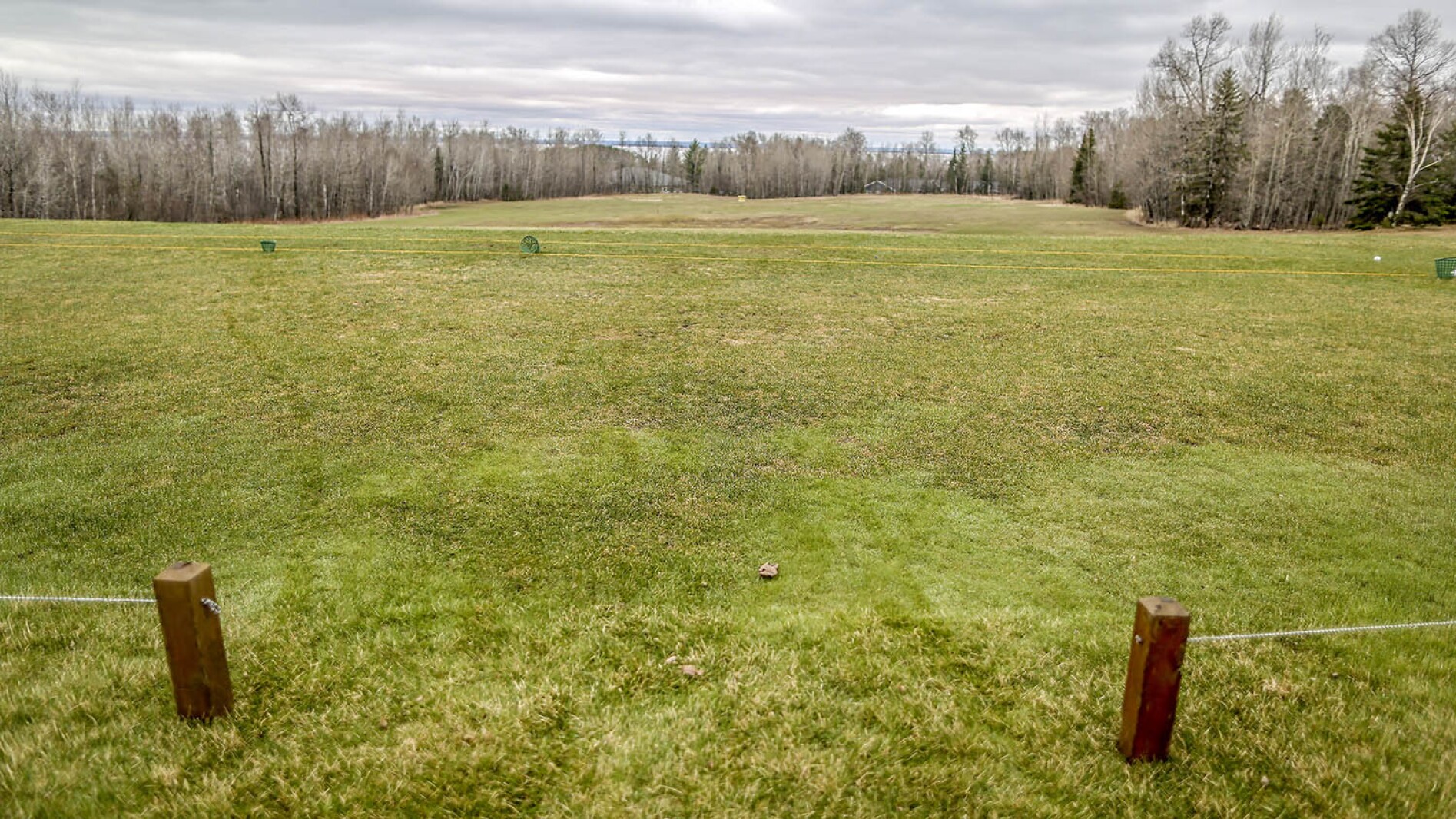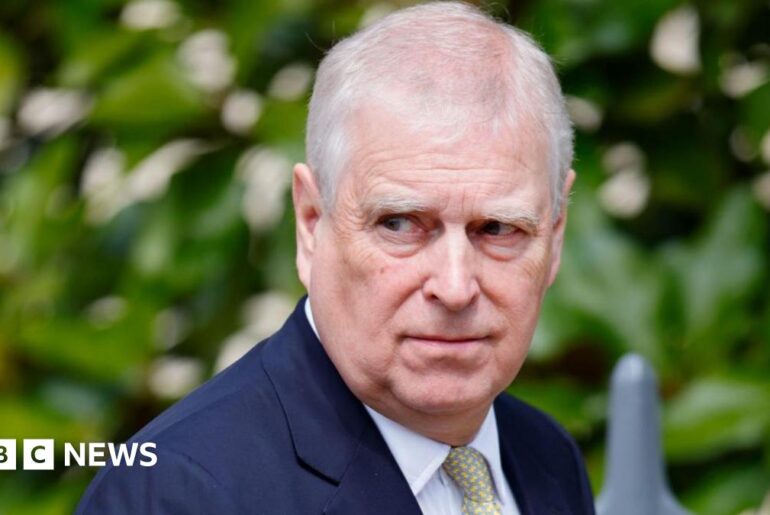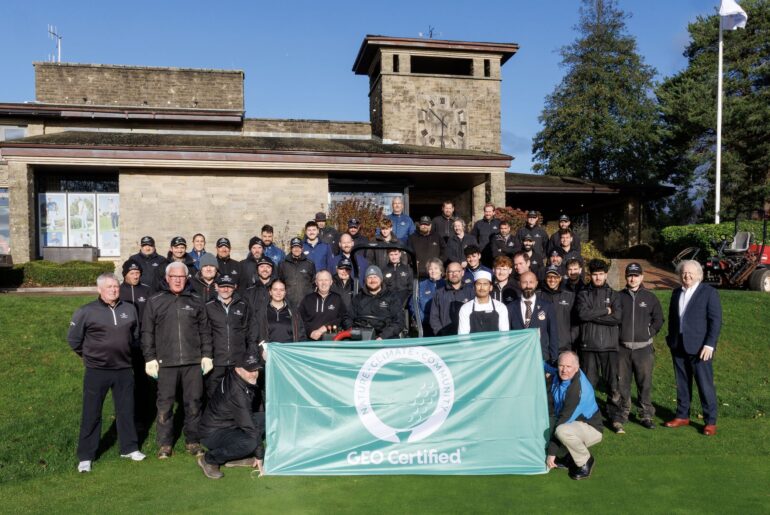DULUTH — What should become of the former Lester Park Golf Course five years after its closure continues to linger as an open question.
Mayor Roger Reinert has twice appointed working groups
of residents to explore options for the former municipal golf course property, but no clear path forward has led to a consensus.
Reinert acknowledged Tuesday the lack of a recommended direction, despite months of discussion, is quite frankly “disappointing.”
But the work of residents who have passionately debated the best future use of the site has nevertheless yielded several points of agreement, according to Duluth’s mayor.
As laid out by Reinert, those goals include:
Public green space.Housing.A building that could accommodate community meetings and events, food and beverage sales and equipment rentals.A connection to neighboring hiking, biking and ski trails.And a place that can host year-round outdoor activities, including but not exclusive to golf.
Reinert said he reopened discussion about the future of the golf course shortly after taking office in 2024 to ensure people’s voices could be heard.
While that conversation did not produce a fully developed plan, Reinert said he’s “really grateful to the working group, because I think they did really refine our goals. I think it will help point us in the right direction.”
But, following months of robust debate, Reinert also expressed a sense of urgency in his latest comments.
“Lester cannot continue to sit,” he said. “So, it is now up to city administration and staff to use these common elements to create a master plan RFP (request for proposals) that will include green space, outdoor year-round activities and housing.”
Reinert described Lester as a valuable asset that the city must put to use sooner rather than later.
“It’s a this-year priority,” he said, explaining that he aims to have a concrete plan before the calendar flips to 2026.
Reinert noted that the longer the property sits idle, the more difficult it will be to revitalize. “But it also weighs on the community’s heart,” he said. “It’s just sad, because the remnants out there are continuing to fall apart.”
Councilor Wendy Durrwachter, who represents Duluth’s easternmost 1st District, including Lester Park, praised Reinert for prioritizing the issue.
“I would love to see a decision coming forward,” she said. “So, I do applaud the mayor’s effort in looking to make a decision soon, because I think the community is fatigued from all the pontificating on this.”
Tim Meyer, who chaired the working group, thanked Reinert for his bravery in the face of political criticism for continuing to take public input on how the golf course property might best be used in the future.
Durrwachter encouraged constituents to keep their ideas coming. “I’m listening and considering all options,” she said.
Among the models the working group considered were two Minnesota nonprofit operations: The Loppet Foundation, created to provide recreational and programming support in Golden Valley, Minnesota’s Theodore Wirth Park, and a Barrier Free Golf organization that designed a course to accommodate people of all physical abilities in Chaska, Minnesota.
Reinert suggested any further operations at Lester would best be self-supported by a community nonprofit.
“I can’t justify the city underwriting any ongoing operational expenses at the cost of neglecting city streets, 100-year-old sewer lines or public safety services,” he said.
Duluth decided to shutter the Lester Park Golf Course in the face of ongoing losses
as the COVID-19 pandemic struck the city budget. It chose to dedicate its resources to improving the quality of play at Enger Park, the city’s other municipal golf course.
The city, with the help of the Duluth Economic Development Authority, has sought to redevelop part of the former Lester Park Golf Course into housing,
granting an option to Oppidan Investment Co.,
a firm particularly interested in senior housing opportunities.
That option on 39 acres of land, including the Lake 9 portion of the golf course, is slated to expire by year’s end.
Reinert said he recognizes financing a large housing development in today’s financial market can be a challenge, yet he hopes Oppidan’s team, led by local developer Rob Finnigan, finds a way to move their project forward.
“We’ve encouraged Rob to get moving as soon as he is able to because we need housing,” Reinert said.
A proposal by developer Tom Sunnarborg
also remains under consideration, too. Meyer said that plan calls for the construction of a hotel, two restaurants, shops, businesses and nearly 450 housing units, all while preserving and improving access to area trails.
Reinert stressed that any plan will remain subject to public scrutiny and will require strong community support. He noted that the sale of any public park land would need to muster at least eight of nine votes on the Duluth City Council.

Peter Passi covers city and county government for the Duluth News Tribune. He joined the paper in April 2000, initially as a business reporter but has worked a number of beats through the years.







